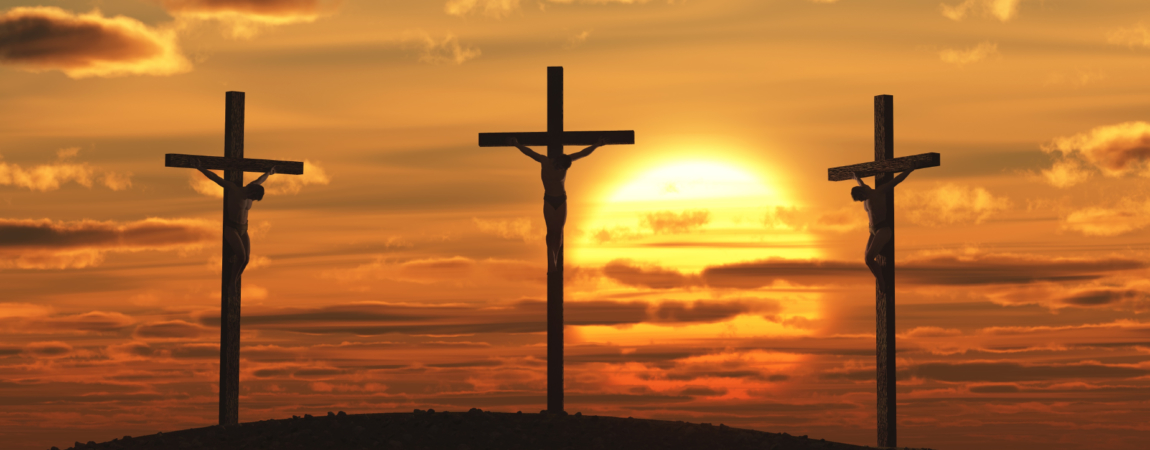Is the Sabbath Commanded in the New Testament? — A Concise Summary
- While the Sabbath commandment is not explicitly repeated in the New Testament, that does not mean that it is done away with.
- There are several other commandments not repeated in the New Testament, that Christians agree still apply.
- Nevertheless, the Sabbath is reinforced even if not explicitly repeated. Yeshua affirmed the ongoing validity of all the Torah’s commandments in Matthew 5:17-20, which would include the Sabbath.
- Yeshua did explicitly teach how to keep the Sabbath properly in Matthew 12.
- Yeshua and the apostles’ practices assume the Sabbath’s ongong validity.
- Finally, the apostles’ affirmation of the Torah and God’s commandments indirectly reinforce the Sabbath commandment.
Overview
- A. “NT Silence” Isn’t Abolition
- B. Jesus: Fulfill, Not Abolish (Matt 5:17–20)
- C. Jesus Teaches True Sabbath (Matt 12; Mk 2:27–28)
- D. Assumes Future Sabbath (Matt 24:20)
- E. Apostolic Practice & Expectation (Acts 13–18; 15:21)
- F. NT Exhortations that Include Sabbath
- G. Key Passages
- H. Conclusion
A. “NT Silence” Isn’t Abolition
Not all abiding commands are explicitly re-commanded in the NT. Silence is not repeal. The teaching notes that Christians generally accept other Torah prohibitions (e.g., occult practices) without needing a fresh NT re-issuance.
B. Jesus: Fulfill, Not Abolish (Matt 5:17–20)
“Fulfill” is taken as bring to full expression—Jesus clarifies and embodies Torah rather than voiding it. Until heaven and earth pass, not the smallest stroke passes from the Law. He commends doing and teaching even the “least” commandments and calls for righteousness surpassing that of the Pharisees—i.e., rightly keeping God’s instructions.
C. Jesus Teaches True Sabbath (Matt 12; Mk 2:27–28)
Jesus defends His disciples, exposes Pharisaic misapplications, and identifies Himself as “Lord of the Sabbath.” He restores the original intent: “The Sabbath was made for man, not man for the Sabbath.” The argument: why restore what you plan to abolish?
D. Assumes Future Sabbath (Matt 24:20)
“Pray your flight not be … on a Sabbath.” This assumes disciples will still care about Sabbath observance in coming tribulation—suggesting ongoing relevance rather than discontinuation.
E. Apostolic Practice & Expectation (Acts 13–18; 15:21)
Luke notes Paul’s custom of synagogue attendance on Sabbath. Acts 15:21 indicates Gentile believers would hear Moses “every Sabbath,” learning God’s instructions weekly.
F. NT Exhortations that Include Sabbath
- Holiness (1 Pet 1:16; Lev 19:2–3) — “Be holy … keep my Sabbaths” appears in the holiness code that Peter invokes.
- Doers of the Word (Jas 1:22) — “Word” aligns with “law” in James, naturally encompassing Sabbath.
- All Scripture Profitable (2 Tim 3:16–17) — For Paul, “Scripture” is the Hebrew Bible; its commandments (including Sabbath) train believers in righteousness.
G. Key Passages
Matthew 5:17–20; Matthew 12; Mark 2:27–28; Matthew 24:20; Acts 13–18 (Paul’s custom); Acts 15:21; 1 Peter 1:16 with Lev 19:2–3; James 1:22; 2 Timothy 3:16–17.
H. Conclusion
The teaching concludes that the Sabbath command remains meaningful for disciples. Jesus clarifies it, the apostles live it, and the NT’s broad calls to obey God’s commandments and Scripture readily include it.

